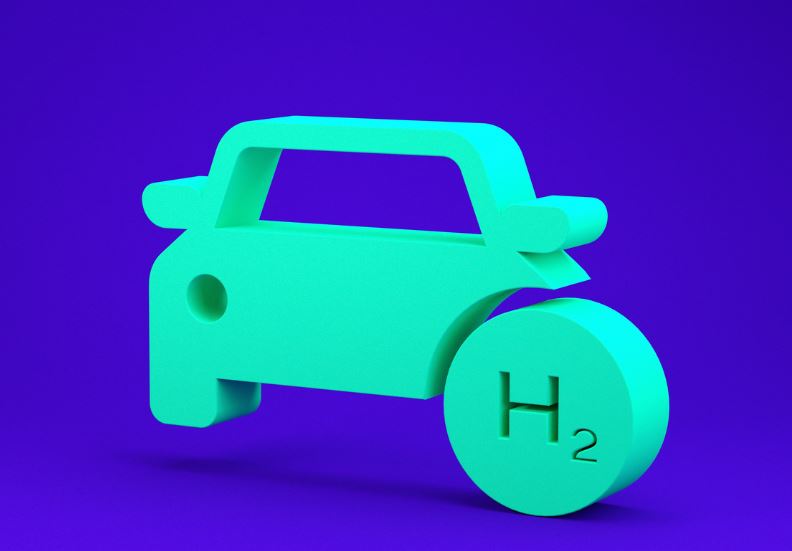In the rapidly evolving sphere of renewable energy, the creation of off-grid charging stations (OGCS) for electric vehicles (EVs) and vehicles (HVs) marks a significant milestone.
The study by Peiru Jian, Si Xiang, and Mohammad Hosein Sabzalian, published in the International Journal of Hydrogen Energy, delves into the use of a novel stochastic p-robust optimization technique (SPROT) for optimizing the planning and operation of an OGCS. This charging station uniquely integrates a photovoltaic (PV) system, hydrogen storage system (HSS), fuel cells (FC), and a diesel generator (DG) to continuously supply energy to EVs and HVs. The research evaluates and compares the efficiency of SPROT against traditional scenario-based stochastic optimization (SOT).
The OGCS described in this research aims to operate independently of the national grid while ensuring reliable energy supply for both electric and hydrogen vehicles. The PV system serves as the primary energy source, with the HSS and FC acting as backup systems. In scenarios of extreme uncertainty, such as sudden increases in load or lack of solar power, a diesel generator is included to provide additional security against load interruptions.
A key challenge in utilizing renewable energy is handling the variability and uncertainty in both energy production and demand. This study simulates these uncertainties, focusing on electric and hydrogen loads and PV power generation. By implementing a stochastic p-robust optimization technique, the researchers aim to minimize the maximum relative regret (MRR), enhancing the robustness of the charging station’s operations under worst-case scenarios.
The researchers found that applying SPROT leads to a slight increase in the average cost (by 4.51%) but substantially reduces the maximum relative regret by 45.73%. This suggests that while SPROT is more expensive, it provides a more reliable and robust solution for uncertain environments. Additionally, the required installed capacity for the PV system decreased marginally from 1688 kW to 1685 kW, while the capacity for the diesel generator increased from 78 kW to 123 kW. These adjustments reflect a shift towards a more balanced and resilient energy mix for the OGCS.





